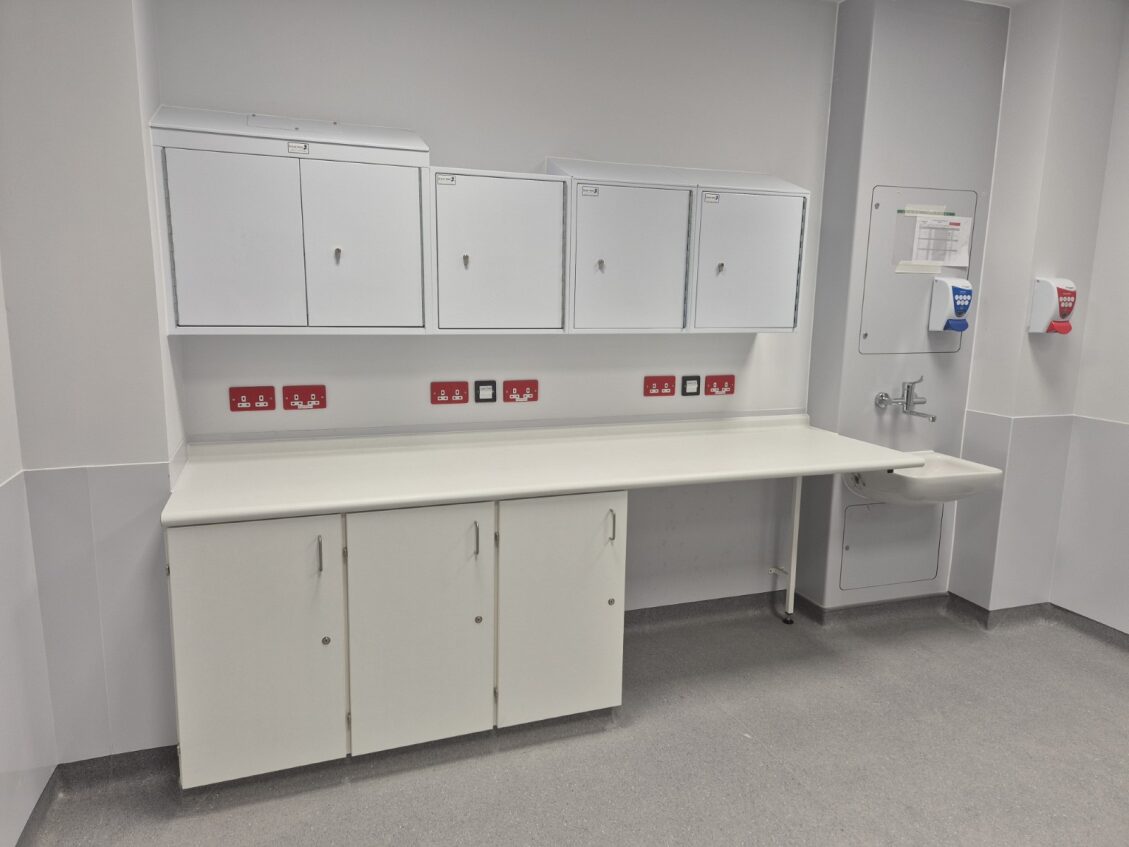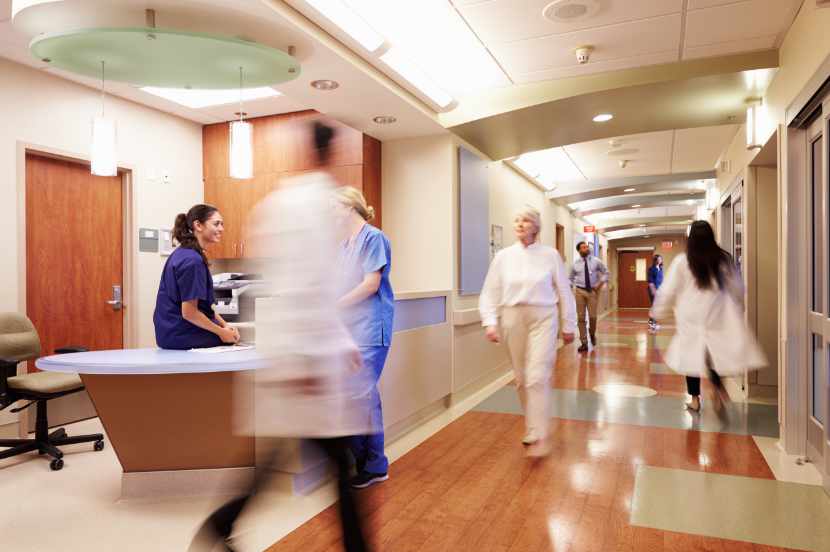The NHS is transforming the way it delivers healthcare across the UK, with ambitious plans…

How we can all help the NHS to deliver net zero
The release of the new NHS Net Zero Building Standards is a significant step forward in the fight against climate change. These standards provide guidance on how new healthcare buildings should be designed, constructed and operated in a way that minimises their carbon footprint, thereby helping the NHS to meet its commitment to become net-zero by 2045.
As a major manufacturer of storage solutions and specialist fitted furniture products for the NHS, David Bailey Furniture is seriously committed to this initiative, with plans in place to reduce our own carbon emissions by 64% by 2030, but it is clear that every supplier will have to do their bit, if these targets are to be achieved.
One of the key aspects of the standards is the requirement for all new NHS buildings to be built to Passivhaus standard, which is a rigorous energy efficiency standard that significantly reduces energy consumption and carbon emissions. This means that new healthcare buildings will be designed to have excellent thermal insulation, high-quality windows and doors, and airtight building envelopes that minimise heat loss. The use of renewable energy sources, such as solar panels and ground-source heat pumps, is also encouraged.
The standards also require the use of low-carbon building materials and the implementation of green infrastructure, such as green roofs and living walls, to help mitigate the effects of climate change and improve the health and wellbeing of patients and staff.
On face value, Fitted Furniture & Equipment (FF&E) items may not appear to be a priority until you consider the growing trend towards the supply of modular buildings which are helping to meet the need for new wards, theatres and other essential NHS buildings. Every component plays its part in meeting net zero targets and FF&E is no exception.
These standards are a significant step forward in the NHS’s commitment to sustainability, and they demonstrate the importance of taking action to address climate change in the healthcare sector. The NHS is one of the largest public sector organisations in the world, and its commitment to becoming net-zero sends a strong message to companies like ours, as well as governments and industries, such as the construction industry, that urgent action is needed to tackle climate change.
We at David Bailey Furniture have taken action to significantly reduce our energy use, lowering the amount of gas and electricity used in the production process. This has resulted in a 45% reduction in emissions within 12 months by introducing new LED/PIR lighting controls, a pro-active switch off policy with lighting, heating and machinery when not in use, a reduction in company travels and the electrification of company cars
However, the implementation of these standards has not be easy, and there will be challenges ahead, not only for us as a company but for the NHS as a whole.
We believe that one of the biggest challenges for the NHS will be the cost of implementing these standards. Building to Passivhaus standard and implementing green infrastructure can be expensive. However, the long-term benefits, such as reduced energy costs and improved health and wellbeing, are likely to outweigh the initial costs as we have discovered.
Another challenge will be ensuring that these standards are implemented across all new NHS buildings, and that they are adhered to throughout the design, construction and operational phases. This will require a significant cultural shift within the NHS, and will require strong leadership and commitment from senior management.
Overall, the release of the new NHS Net Zero Building Standards is a significant step forward in the fight against climate change, and demonstrates the NHS’s commitment to sustainability and protecting the health and wellbeing of its patients and staff.
To download more details about the new NHS Standards, click here:








